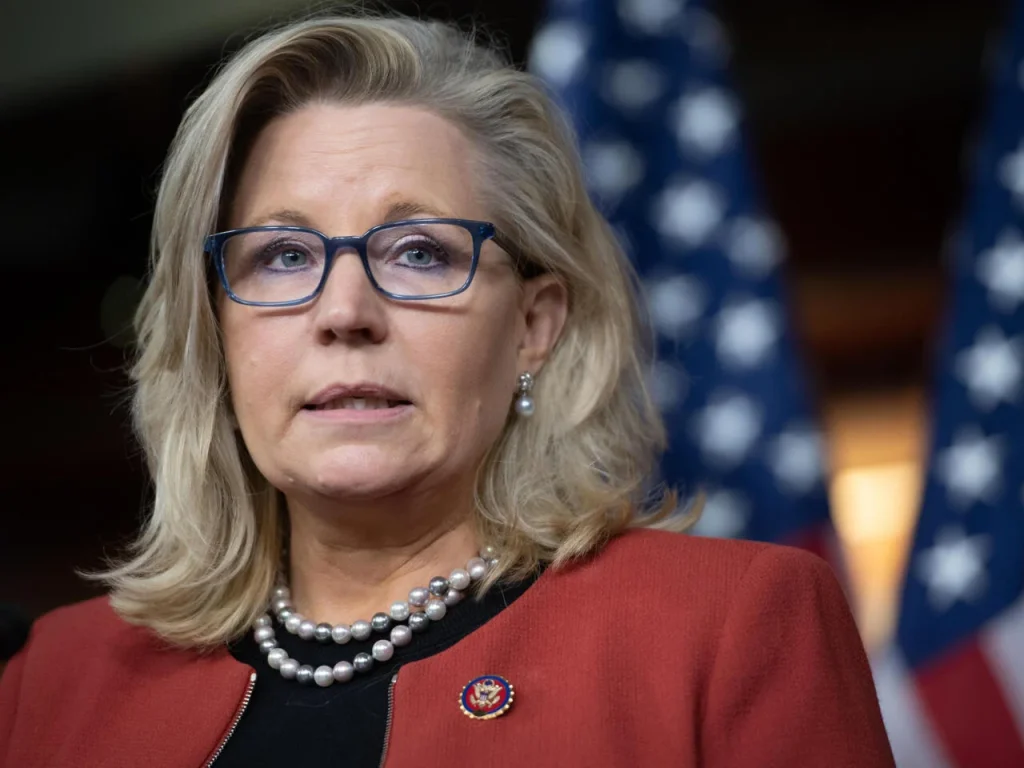The U.S. House of Representatives was poised to vote on Wednesday, January 13, 2021, to impeach President Donald Trump for the second time, following Vice President Mike Pence’s refusal to invoke the 25th Amendment to remove Trump from office.
On Tuesday, the House voted largely along party lines to urge Pence to strip Trump of his powers, but Pence declined, stating in a letter to House Speaker Nancy Pelosi that such action was not “in the best interest of our nation.”
Charge of Incitement of Insurrection
The impeachment resolution, charging Trump with “incitement of insurrection,” centers on his January 6, 2021, speech urging supporters to “fight” the November 2020 election results and march on Congress. The speech preceded a violent attack on the U.S. Capitol, where Trump supporters clashed with police, ransacked offices, and disrupted the certification of Joe Biden’s election victory. The House vote, supported by 218 Democrats as cosponsors, was expected to pass with a simple majority.
Bipartisan Support Emerges
While the Republican-controlled Senate was unlikely to convict, several GOP figures signaled support for impeachment. Senate Majority Leader Mitch McConnell privately indicated that Trump had committed impeachable offenses, according to The New York Times. House Minority Leader Kevin McCarthy allowed Republicans to vote freely, and five House Republicans, including Liz Cheney, the third-ranking GOP member, announced they would vote to impeach, with Cheney calling Trump’s actions a “betrayal” of his office.
Trump’s Defense and Social Media Bans
Trump defended his January 6 speech as “totally appropriate” during a visit to Alamo, Texas, dismissing the impeachment push as a “witch hunt.” He called for “peace and calm” but faced further isolation as YouTube joined Twitter and Facebook in suspending his accounts, citing risks of inciting violence ahead of Biden’s inauguration on January 20, 2021.
Senate Trial and Implications
With the Senate not scheduled to reconvene until January 19, 2021, the trial was set to occur after Trump’s term ended, marking the first impeachment trial of a former president. The House’s single article of impeachment accused Trump of threatening democracy and endangering national security through his actions. While conviction required a two-thirds Senate majority, the bipartisan House vote underscored significant political fallout for Trump.






